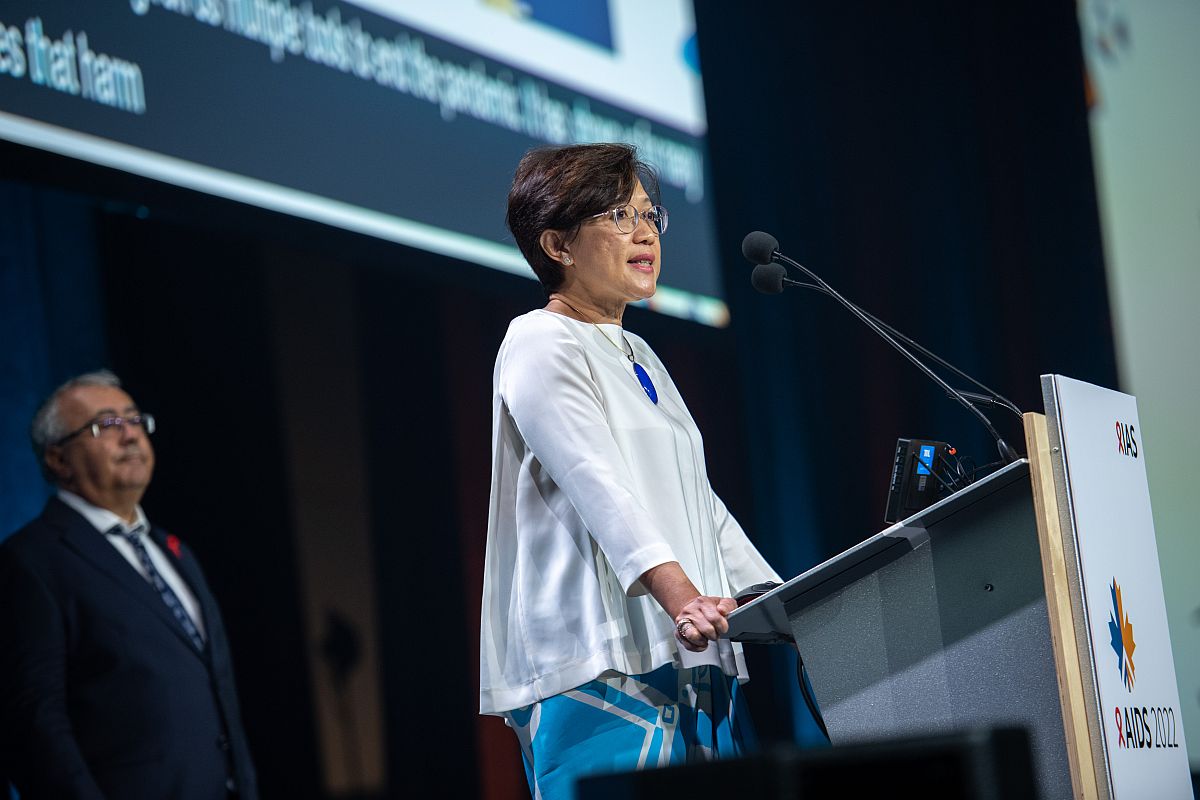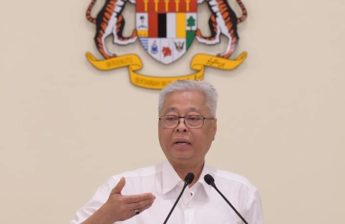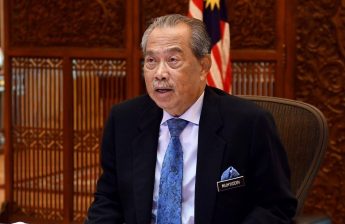KUALA LUMPUR, Oct 19 — Government and teaching hospitals operate because health care workers choose to stay in the public sector despite overwork and low wages, says Prof Dr Adeeba Kamarulzaman, president and pro-vice chancellor of Monash University Malaysia.
She urged the government to improve medical training, career pathways, and other human resource issues to curb medical brain drain from not just the public health service, but also from the country overall.
“I’m now in a privileged position, having served in a public university and university hospital for 26 years and in a private hospital.
“And I can tell you, when I was Dean of the Medical School at UM (University of Malaya) and a very large hospital with one million patients to look after every morning. I’m praying that we will still have people who will work for us because the private sector is offering three, four times more.
“But, I tell you, people do stay because, thankfully, we still have a lot of altruistic people who can have that common purpose of serving the rakyat and wanting to build the next generation of doctors, nurses, pharmacists. And so, that is a very powerful reason why people stayed.
“But, yeah, I still wish we all got paid more though,” said Dr Adeeba at the Khazanah Megatrends Forum 2023 held at the Mandarin Oriental Kuala Lumpur last October 3.
The infectious disease expert believes that the Malaysian medical sector struggles to retain doctors due to the absence of a proper training system. Money is not the main motivator for doctors in Malaysia; they are motivated by opportunities, Dr Adeeba said.
“I think because we tak ada (don’t have) a proper system to train our doctors compared to Singaporeans. It’s a thing that frustrates me because it can be fixed, and it can be quite easily fixed. I’m not an HR (human resources) expert, but we doctors just can’t seem to get our act together, and it’s another thing that keeps me up at night.
“It’s a combination specific to the medical field: internal brain drain and external brain drain, and, in the end, I think everybody’s going to lose out. The private sector is going to lose out, the public sector and the whole rakyat because medicine is such that you need that kind of apprenticeship and mentorship and all that as you climb up the specialty ladder.
“What they (doctors) really want is the opportunity to be trained, to be a specialist. It’s a problem that can be fixed, but nobody really wants to sit down together to fix it. It needs detailed work to identify all the training positions that then match with the service needs. It can be fixed, it just needs the will to fix it,” Dr Adeeba said.
Dr Adeeba added that the newest generation, Gen Z, seeks growth opportunities, trust from their superiors, and the ability to give voice to their opinions and be heard.
“Those are reasonable demands, reasonable asks, so the generational difference that you pointed out, I think, they do exist; and we as seniors just need to be mindful of them and that times have changed.
“It’s like I said, it’s no longer acceptable to work in the medical profession [for 36 hours] even though it may be good for training, but I don’t think it is. But we still hear people say, ‘When I was your age, I could do 36 hours.’ And I did do 36 hours non-stop, but things have changed and we have to move on and give people the opportunities, the trust, the openness, the transparency that everyone wants.”
Dr Adeeba also touched on the concept of “power distance” – the degree to which less powerful members of institutions and organisations accept that power is distributed unequally – deeply rooted in Asian culture, which can negatively impact patient care.
She recounted a case where a nurse didn’t speak up about a problem during surgery because the anaesthetist was the senior figure in the operating room.
“There’s a really powerful video of a husband who sued the hospital because of this power distance thing. His wife in having surgery was having difficulty, and the theatre nurse actually picked up on the problem, but because the anaesthetist is the big boss in the theatre, she (the nurse) did not dare speak up. This was many decades ago. Things have changed, thankfully, but it (power distance) has real consequences.
While such instances have become less common, power distance can still hinder communication and idea sharing in meetings, Dr Adeeba added.
“In the case of meetings, I’ve watched meetings where bosses don’t let others speak, and you know, it’s not a meeting. It’s a talk fest. You don’t get ideas from your colleagues, including your junior colleagues. So, yeah, let’s do away with this power distance.”
Parallel to doing away with power distance, Dr Adeeba underlined the importance of being able to function as a team. Recalling her service during the pandemic, Dr Adeeba said that her proudest moment was when the entire University Malaya Medical Centre (UMMC), save the obstetrics and cancer units, was transformed into a Covid hospital.
Although there was initially some reluctance from various medical specialists, the UMMC team managed to set aside individual turf interests to focus on a shared mission.
“Everyone else had to look after Covid patients. I walked, one Sunday morning, to one of the wards, and the nurses said Prof Adeeba, the lead person doing rounds today is the head of surgery. I mean, if you are a patient you might not want to know that, but we had all the SOPs (standing operational procedures), but what I’m trying to say is everybody worked hand in hand to look after patients.
“There was a little bit of [turf territorialism], but for me, leading the hospital, it meant that I had to bring everyone together, and we met every single day to say, ‘Look, it’s no longer about us, and we’ve got a job to do,’ because the surgeons were saying, ‘Oh, you know, we need to keep the theatre open for cases and all that.’
“So, it was about prioritising. It’s about getting people to that common purpose and common vision.”
Dr Adeeba highlighted the distinction between managers and leaders. She said that leaders have a broader vision and can rally their team behind that vision. They go beyond day-to-day management to inspire and guide their team towards a common purpose.
“Leaders are people who are able to bring everyone with them, and also someone who has a vision, someone who thinks beyond the day-to-day drudge of leading a company. A leader goes beyond that and is able to bring the team behind him or her.”








